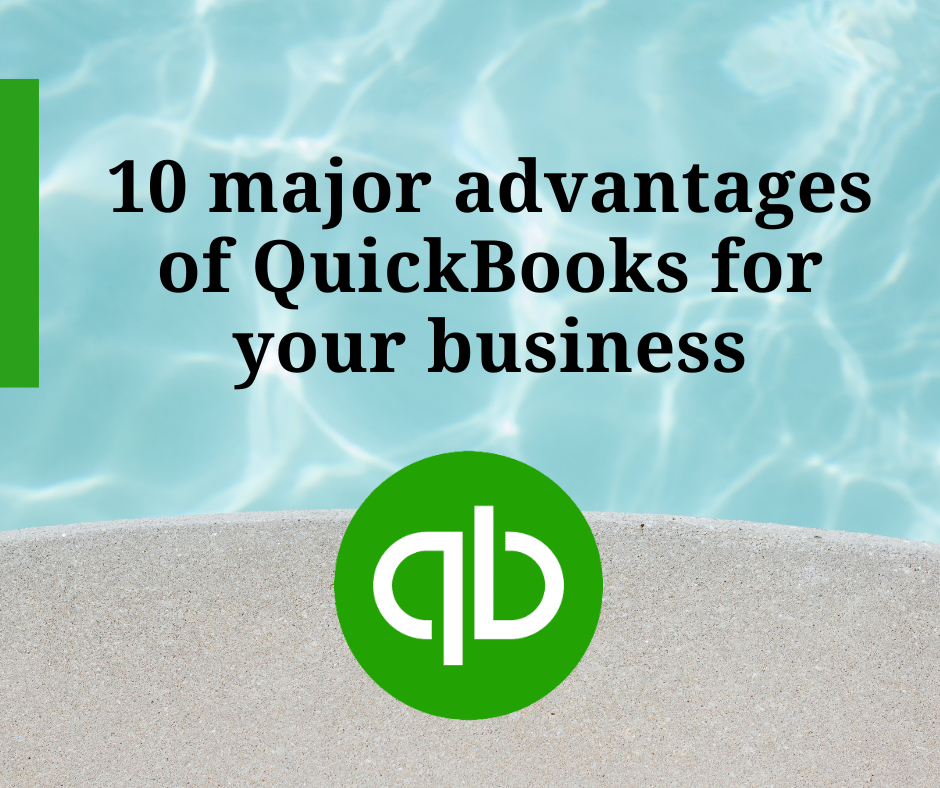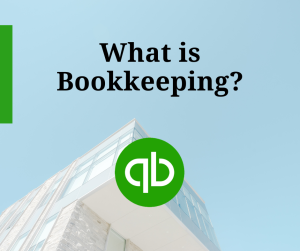QuickBooks is a widely used accounting software that offers numerous advantages for businesses of all sizes and industries. Here are ten major advantages of using QuickBooks for your business:
Ease of Use: QuickBooks is known for its user-friendly interface and intuitive design, making it easy for business owners and employees to navigate the software and perform accounting tasks efficiently. Even individuals with limited accounting knowledge can quickly learn how to use QuickBooks effectively, saving time and reducing the need for extensive training.
Time Savings: QuickBooks automates many manual accounting tasks, such as data entry, invoicing, bill payment, and bank reconciliation, saving businesses valuable time and reducing the risk of errors. By streamlining accounting processes, QuickBooks allows business owners and employees to focus on more strategic tasks, such as growing the business and serving customers.
Accurate Financial Reporting: QuickBooks generates accurate and reliable financial reports, including balance sheets, income statements, and cash flow statements, based on the data entered into the system. These reports provide valuable insights into the financial health of the business, allowing business owners to make informed decisions and plan for the future effectively.
Improved Cash Flow Management: QuickBooks helps businesses manage their cash flow more effectively by providing tools for invoicing, expense tracking, accounts receivable, and accounts payable. By monitoring cash flow in real-time and identifying potential cash flow issues early, businesses can take proactive measures to optimize cash flow and maintain financial stability.
Tax Compliance: QuickBooks simplifies tax preparation and compliance by organizing financial data in a format that is easy to access and understand. The software generates reports specifically tailored for tax purposes, making it easier for businesses to file taxes accurately and on time. Additionally, QuickBooks integrates with many tax preparation software solutions, further streamlining the tax filing process.
Scalability: QuickBooks offers scalable solutions that can accommodate businesses of all sizes, from solopreneurs and startups to large enterprises. As businesses grow and evolve, QuickBooks can scale up or down to meet their changing needs, ensuring that they have access to the features and functionality they require to manage their finances effectively.
Integration Capabilities: QuickBooks integrates seamlessly with a wide range of third-party applications and business tools, including payment processors, payroll systems, CRM software, and e-commerce platforms. This integration ecosystem allows businesses to customize their accounting software to meet their specific needs and streamline their workflows by connecting QuickBooks with other essential tools and services.
Remote Access: QuickBooks Online, the cloud-based version of QuickBooks, allows businesses to access their financial data from anywhere with an internet connection, using any device, including computers, smartphones, and tablets. This remote access enables business owners and employees to manage their finances on the go, providing flexibility and convenience in managing their business operations.
Enhanced Collaboration: QuickBooks facilitates collaboration among team members, accountants, bookkeepers, and other stakeholders by allowing them to access the same up-to-date financial data in real-time. This enables seamless communication, collaboration, and coordination, improving efficiency and ensuring that everyone is on the same page regarding the financial health of the business.
Cost Savings: QuickBooks offers cost-effective solutions for businesses, with flexible pricing plans and subscription-based pricing models that allow businesses to pay only for the features and functionality they need. Additionally, QuickBooks eliminates the need for costly hardware upgrades and maintenance associated with traditional on-premise accounting systems, reducing overall IT expenses and enabling businesses to allocate resources more efficiently.
In conclusion, QuickBooks offers numerous advantages for businesses, including ease of use, time savings, accurate financial reporting, improved cash flow management, tax compliance, scalability, integration capabilities, remote access, enhanced collaboration, and cost savings. By leveraging these advantages, businesses can streamline their accounting processes, make informed financial decisions, and focus on achieving their business goals and objectives.




